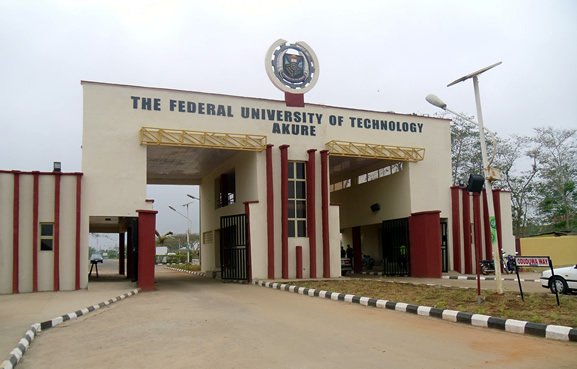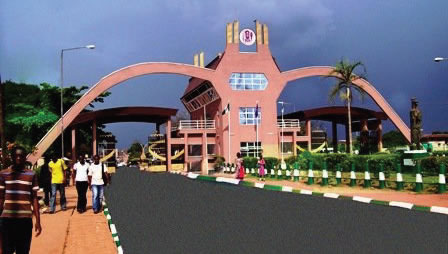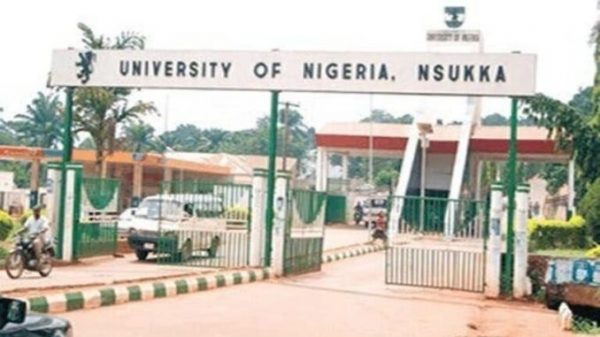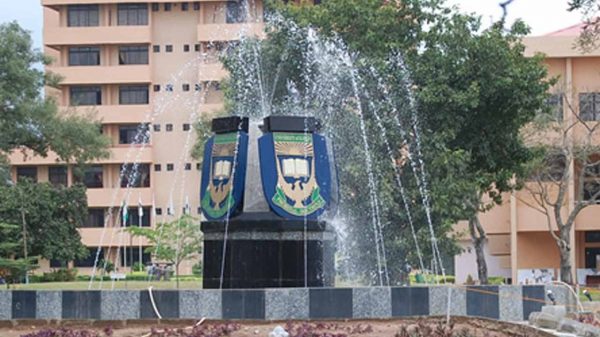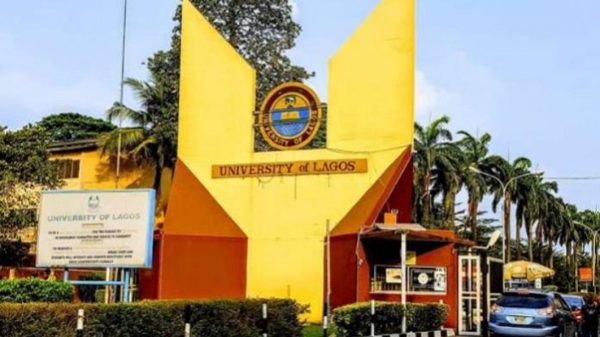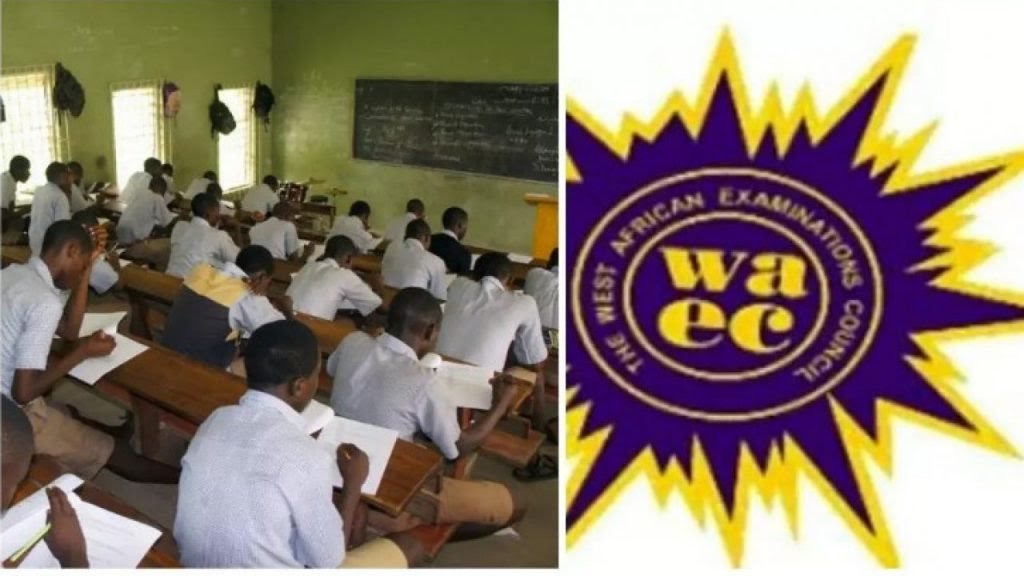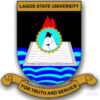The hopes of the Nigerian students in public universities is hanging on a thread as the Federal Government of Nigeria remains adamant not to honor a 2009 agreement requiring the government to pay the Academic Staff Union of Universities (ASUU) a sum amounting to over N1.3 trillion.
ASUU who are well known for embarking on an unending strike has called out the government for not honouring their agreements and also imposing a payment system which was described as “Anti-University” on all academic staff in the country.
The union who has been equivocal in their conclusion that the Integrated Payroll and Personnel Information System (IPPIS) implemented by the Federal Government cannot be applicable to universities. They stated that it is not in alignment with the operations of the university system and should be discarded for the overall interest of tertiary education in the country.
According to the the Coordinator of ASUU-Calabar Zone, Aniekan Brown, who spoke on Thursday, ASUU is committed to resistance for the life and preservation of the quality of public university education in Nigeria.
He stressed that though ASUU’s struggles are misunderstood, there is no going back on the outstanding issues in 2009 FGN/ASUU Agreement.
Brown called on Nigerians and the general public to support ASUU’s stance on IPPIS and other outstanding issues on the FGN/ASUU 2009 Agreement as it is the only way to end its incessant strikes.
Aside the dissagreement on IPPIS, one of the important reasons for the incessant ASUU strikes is the non-payment of university revitalisation funds, which amounts to about N1.3 trillion.
But the Federal Government has over and over said it doesn’t have the money to pay such an amount, citing low oil prices during the Muhammadu Buhari administration.
According to the Minister of Labour and Employment, Chris Ngige, who spoke in an interview last month, the the N1.3 trillion revitalisation fund was a promise made to ASUU by the administration of former President Goodluck Jonathan when the country’s finances were stable.
About Author


